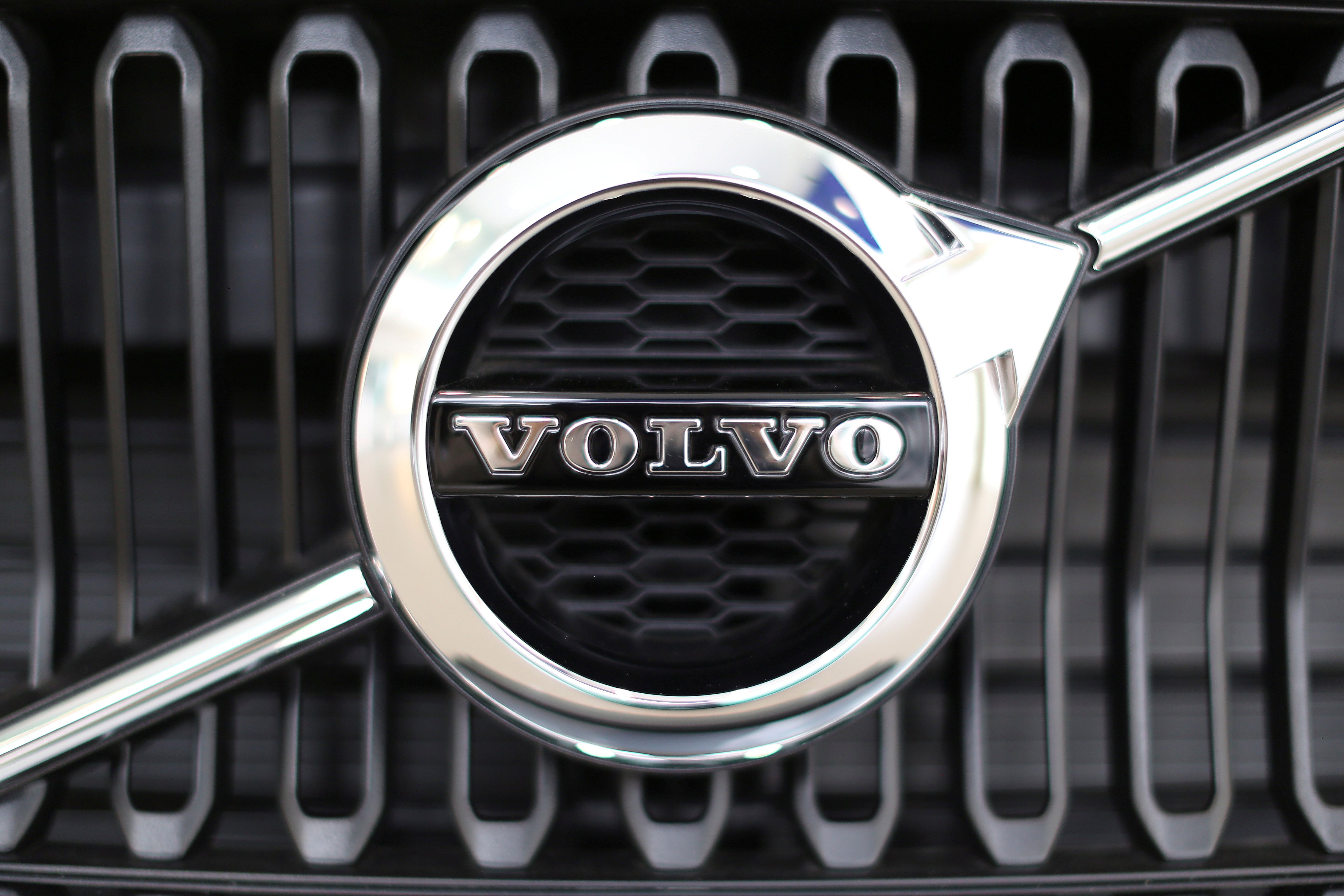Volvo offers generous Swedish-style parental leave to all its 40,000 global workers
Volvo clarified that local regulations will take precedence over their policy if they offer more leaves

Your support helps us to tell the story
From reproductive rights to climate change to Big Tech, The Independent is on the ground when the story is developing. Whether it's investigating the financials of Elon Musk's pro-Trump PAC or producing our latest documentary, 'The A Word', which shines a light on the American women fighting for reproductive rights, we know how important it is to parse out the facts from the messaging.
At such a critical moment in US history, we need reporters on the ground. Your donation allows us to keep sending journalists to speak to both sides of the story.
The Independent is trusted by Americans across the entire political spectrum. And unlike many other quality news outlets, we choose not to lock Americans out of our reporting and analysis with paywalls. We believe quality journalism should be available to everyone, paid for by those who can afford it.
Your support makes all the difference.Volvo has announced a 24-week, gender-neutral parental leave for all its 41,500 global workers, taking inspiration from a similar national legislation in Sweden, its home market.
The carmaker announced on Tuesday that the new parental leave policy, irrespective of gender, will be applicable from 1 April in all its plants and offices across the world. The ‘Family Bond’ policy will ensure “24 weeks of leave at 80 per cent of their base pay by default” to employees with at least one year’s service. The leave can be availed within the three first years of parenthood.
“We want to create a culture that supports equal parenting for all genders. When parents are supported to balance the demands of work and family, it helps to close the gender gap and allows everyone to excel in their careers,” Volvo’s chief executive officer Hakan Samuelsson said.
He said Volvo has always been a family-oriented and human-centric company and through the new policy the company is “demonstrating and living our values, which in turn will strengthen our brand.”
The policy, however, clarified that in countries where “local regulations offer a more generous parental leave, local regulations will take precedence.” For instance, Indian laws allow women employees 26 weeks of fully paid maternity leave and Volvo Car India said their female Indian employees will continue with that.
Read more:
- WHO chief calls for deeper probe into lab leak Covid origin theory
- BBC China correspondent leaves Beijing over ‘threat to safety’
- Divers recover missing cockpit voice recorder from crashed Indonesia jet
- China warns US over ‘red line’ after American ambassador makes first Taiwan visit for 42 years
- Why well-heeled travellers are flocking to Kenya during lockdown
A statement from Volvo, which is owned by Zhejiang Geely Holding since 2010, said the global policy is “more inclusive and supportive than many existing policies around the world, and includes all legally registered parents, including adoptive, foster care and surrogate parents, as well as non-birth parents in same-sex couples.”
“Some countries do not offer any paid leave to new parents, or exclude certain groups of parents – the latter is particularly true for fathers,” it said.
The company said the announcement of the policy follows a parental leave pilot scheme launched in 2019, in which 46 per cent of all applicants were fathers. The pilot project showed that the employees appreciated the policy for “being gender neutral, inclusive and adaptable to personal needs.”
The company observed that some of the obstacles that limit the uptake of parental leave include “parents’ concerns around the potential impact it might have on their team, fear around long-term career opportunities, and a cultural mindset about of what is expected of fathers in the workplace and at home.”
Founded in 1927, Volvo is a well-known international car manufacturer and currently has 41,500 employees across the world. In 2020, it sold 661,713 cars in about 100 countries - a decline of 6.2 per cent compared with 2019.
The company said it will share the participation results over time so that other companies can learn from its progress.
Join our commenting forum
Join thought-provoking conversations, follow other Independent readers and see their replies
Comments